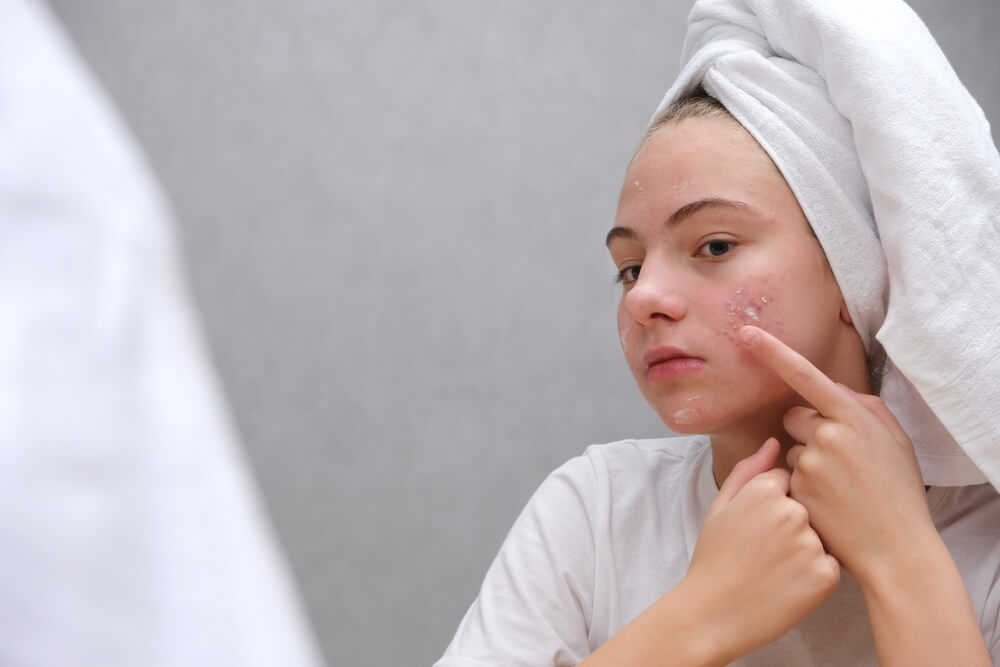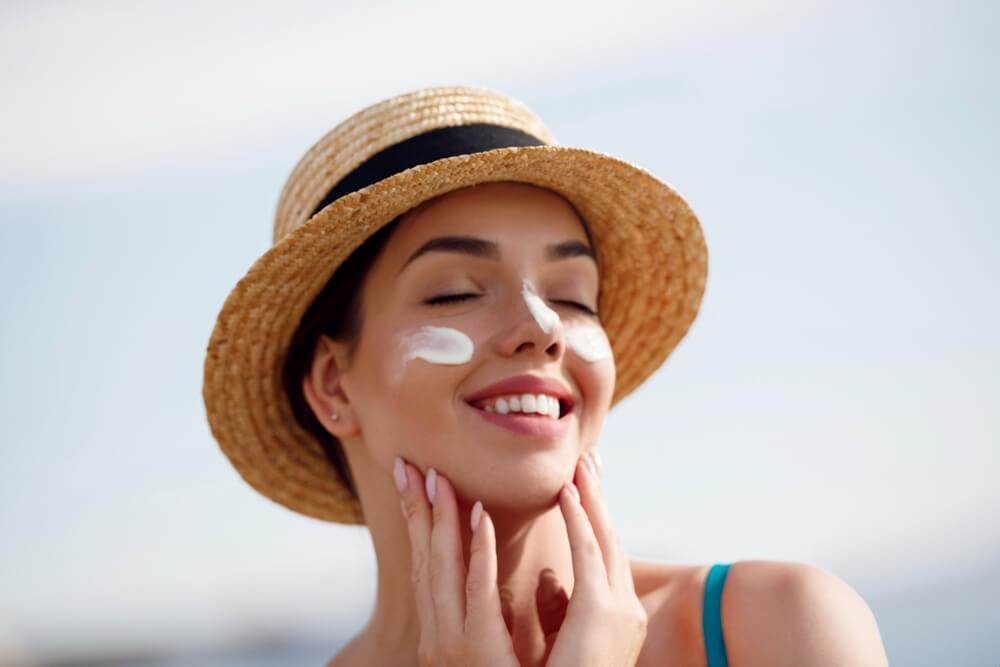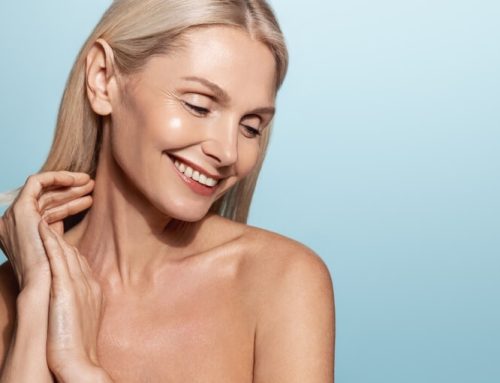Dealing with acne can feel like an ongoing battle. Whether you experience occasional breakouts or chronic acne, the frustration of dealing with blemishes can impact your confidence and skin health. But fear not—there are effective ways to manage and reduce acne-prone skin. This guide will explore some of the best solutions to help you navigate your journey to clearer skin.
Understanding Acne: What’s Really Going On?
Before we dive into solutions, it’s important to understand what’s happening when you experience a breakout. Acne occurs when hair follicles or pores get clogged with oil, dead skin cells, or bacteria. This leads to inflammation and the development of pimples, blackheads, and cysts.
While acne can occur due to various factors—such as hormonal changes, stress, diet, or genetics—the good news is that there are steps you can take to manage and reduce it. Let’s take a look at some solutions that can make a real difference for acne-prone skin.
1. Develop a Consistent Skincare Routine
One of the best ways to combat acne is to have a consistent skincare routine. Sticking to a simple, effective regimen can help keep your skin balanced and prevent further breakouts.
Cleanse Gently
Choose a gentle, non-comedogenic cleanser that won’t strip your skin of its natural oils. Over-washing or using harsh cleansers can irritate your skin and trigger more oil production, leading to more breakouts. Look for cleansers with ingredients like salicylic acid or benzoyl peroxide, which help unclog pores and fight acne.
Don’t Skip Moisturizer
Even if you have oily skin, moisturizing is crucial. Skipping moisturizer can lead to dryness, which may trigger the skin to produce more oil in response. Opt for a lightweight, oil-free moisturizer that hydrates without clogging pores.
Exfoliate Regularly
Exfoliating once or twice a week helps remove dead skin cells that can clog pores. Look for exfoliators with gentle chemical exfoliants like AHAs (alpha hydroxy acids) or BHAs (beta hydroxy acids), which can penetrate the pores and help clear them out.
2. Spot Treatment Solutions
For active breakouts, spot treatments can be a game-changer. These targeted treatments can help reduce the size and redness of pimples quickly.
Benzoyl Peroxide
Benzoyl peroxide is a widely used treatment for acne. It works by killing acne-causing bacteria and reducing inflammation. Apply a small amount directly to the pimple, and avoid spreading it to unaffected areas to prevent dryness.
Salicylic Acid
Salicylic acid helps to exfoliate the skin, keeping pores clear of excess oil and dead skin cells. It also reduces swelling and redness. It’s available in many over-the-counter products, from gels to patches, making it easy to target individual pimples.
Tea Tree Oil
For a more natural solution, tea tree oil is known for its antibacterial properties. It can help reduce the appearance of pimples when applied directly to the skin. Be sure to dilute tea tree oil with a carrier oil like coconut or jojoba oil to avoid skin irritation.
3. Consider Your Diet
While the link between diet and acne isn’t entirely clear, some people find that certain foods may trigger or worsen breakouts. Keeping track of your diet and observing how your skin responds can provide valuable insights.
Avoid High-Glycemic Foods
Foods with a high glycemic index, such as sugary snacks, white bread, and processed foods, can cause a spike in blood sugar, which may lead to an increase in oil production and acne. Opt for whole grains, fruits, and vegetables to keep your blood sugar stable.
Stay Hydrated
Drinking plenty of water is essential for maintaining healthy skin. Hydration helps flush out toxins from the body and can promote clearer skin. Aim for at least 8 cups of water a day and consider adding hydrating foods like cucumbers and watermelon to your diet.
Omega-3 Fatty Acids
Incorporating more omega-3 fatty acids into your diet may help support healthy skin. These healthy fats, found in foods like salmon, walnuts, and flaxseeds, can help reduce inflammation and support your skin’s natural barrier.
4. Manage Stress Effectively
Stress is known to worsen acne, as it triggers hormone fluctuations and increases oil production. Finding ways to manage stress is an important part of keeping your skin clear.
Practice Mindfulness
Mindfulness practices like meditation, deep breathing, or yoga can help reduce stress and promote relaxation. Taking time each day to unwind can not only help your skin but improve your overall well-being.
Regular Exercise
Exercise is a great way to reduce stress and improve blood circulation, which can benefit your skin. Just be sure to cleanse your skin after a workout to remove sweat and prevent clogged pores.
5. Don’t Touch Your Face
It can be tempting to touch your face throughout the day, but doing so can transfer bacteria, dirt, and oil from your hands to your skin, which can lead to breakouts. Avoid resting your hands on your face or picking at pimples, as this can further irritate your skin and cause scarring.
Keep Your Phone Clean
Your phone screen can harbor bacteria and oil that can transfer to your skin. Wipe down your phone regularly with a disinfecting wipe and avoid pressing it directly against your face for long periods.
6. Sun Protection is Key
While it may be tempting to skip sunscreen if you have acne-prone skin, doing so can actually make acne worse. Sun exposure can irritate the skin, leading to more inflammation and even triggering post-inflammatory hyperpigmentation (dark spots left after pimples heal).
Choose Oil-Free Sunscreen
Opt for oil-free, non-comedogenic sunscreen formulas designed for acne-prone skin. These products will protect your skin from harmful UV rays without clogging your pores.
7. Seek Professional Help
If over-the-counter products aren’t providing the results you’re looking for, it might be time to consult with a dermatologist. A dermatologist can help determine the root cause of your acne and prescribe stronger treatments, such as topical antibiotics, retinoids, or oral medications.
Consider Professional Treatments
For more severe cases of acne, treatments like chemical peels, light therapy, or extractions may help clear up breakouts. A dermatologist or licensed aesthetician can recommend the best options for your skin type and acne severity.
Final Thoughts
Battling breakouts doesn’t have to be a daily struggle. By implementing a consistent skincare routine, considering your diet and lifestyle, and using targeted treatments, you can manage acne-prone skin effectively. Remember, consistency is key, and results may take time.
If you’re struggling with persistent acne, don’t hesitate to seek professional guidance to find a treatment plan that works for you. With the right approach, clearer skin is within reach!








Leave A Comment